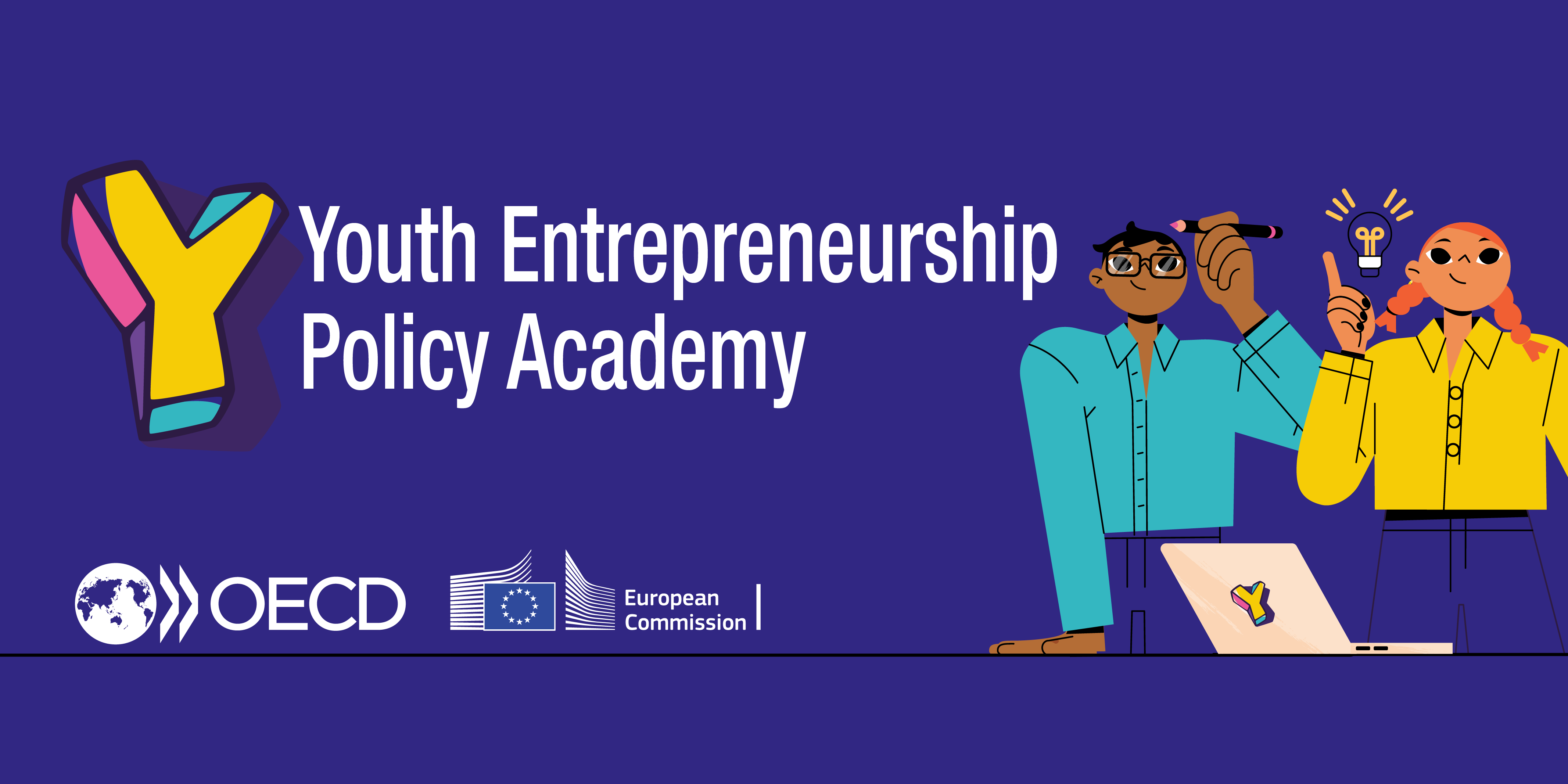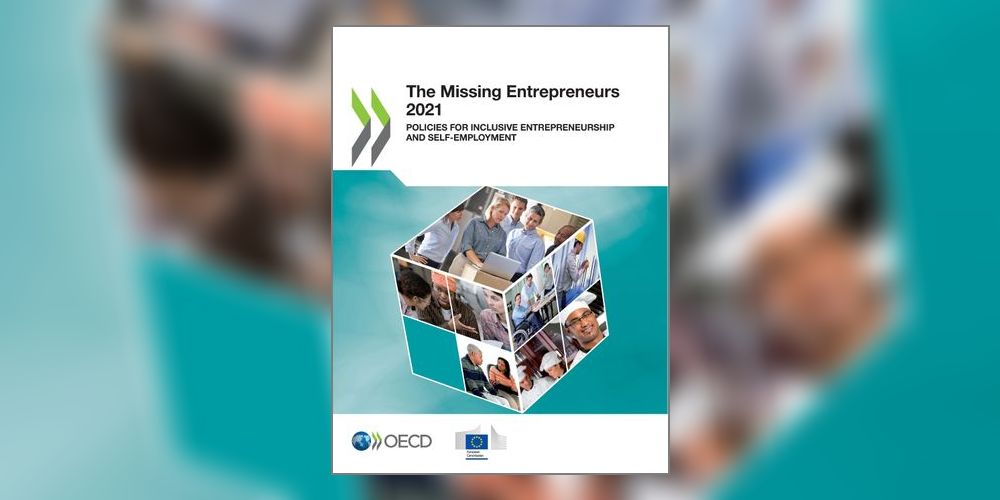Inclusive Entrepreneurship
Understanding Inclusive Entrepreneurship
What is inclusive entrepreneurship?
Inclusive entrepreneurship policies aim to ensure that all people, regardless of their personal characteristics and background, have an opportunity to start and run their own businesses. Governments can do more to unlock the entrepreneurial potential among groups such as women, immigrants, youth, seniors, the unemployed and people who experience disability.
What are governments doing?
Governments have a range of tools at their disposal to help “level the playing field” in entrepreneurship. This includes direct measures such as tailored training, coaching and mentoring, microfinance, as well as indirect measures that seek to influence social attitudes about entrepreneurship and the framework conditions for business creation and self-employment.
Is the gender gap in entrepreneurship closing?
Policy needs to do more to cultivate women’s entrepreneurial aspirations, address market failures in the areas of skills and finance, and improve access to networks and support for growth-oriented entrepreneurs.
What is the potential for youth entrepreneurship?
Most countries and regions use various youth entrepreneurship policies and programmes to encourage and support youth in business creation. The approaches include entrepreneurship education, training, coaching and mentoring, business incubators, and start-up financing.
Key topics
- Access to finance (microfinance, loans, guarantees, crowdfunding, etc.)
- Business development services
- Business incubators and accelerators
- Culture and informal institutions
- Entrepreneurship networks and ecosystems
- Entrepreneurship skills (training, coaching and mentoring, etc.)
- Evaluation
- Immigrant entrepreneurship
- People that experience disability
- Regulatory institutions
- Self-employment
- Senior entrepreneurship
- Unemployment to self-employment
- Women's entrepreneurship
- Youth entrepreneurship
What can the OECD offer?
We offer policy analysis and advice on policies and programmes that support women, youth, seniors, the unemployed, migrants, people with disabilities in business creation and self-employment.
This covers thematic work in the Missing Entrepreneurs reports and policy briefs (e.g. does digitalisation make entrepreneurship more inclusive?), as well as analysis and advice that is tailored to the needs of different regions and countries.
The OECD can support national, regional and local governments in strengthening the design and implementation of entrepreneurship support for specific population groups such as women, youth, immigrants and the unemployed.
Assess your policy ecosystem for inclusive entrepreneurship
The OECD and European Union have developed the Better Entrepreneurship Tool to support policy makers in designing and delivering entrepreneurship policies for under-represented or disadvantaged groups – women, youth, migrants, the unemployed and seniors.On the Tool, you can complete a self-assessment questionnaire to assess the policies in place in your territory for any group, and access relevant resources on how to build better policies, including 70+ international case studies.
Inclusive entrepreneurship policy assessment workshops and reviews
The OECD supports countries in reviewing the state of their inclusive entrepreneurship policies, looking at specific groups of underrepresented entrepreneurs and areas of improvements, or taking a broader approach to diversity in entrepreneurship as a whole. These projects make use of the Better Entrepreneurship Policy Tool to conduct stakeholder consultations and vary in terms of scope, from policy support workshops aiming to generate tailored policy action points to more in-depth policy reviews, involving extensive analysis and a number of fact-finding and capacity building events.
Workshops
|
|
Entrepreneurship training for inclusive entrepreneurship in Ireland In 2022, the OECD worked with Enterprise Ireland to identify how Ireland could make its entrepreneurship training more inclusive. This project included an organised use of the Better Entrepreneurship Policy Tool and a stakeholder workshop that featured three international good practices. The project findings are summarised in this report. |
|
|
Youth Entrepreneurship Policy post COVID-19: Lessons for Portugal In 2021-22, the OECD worked with the Portuguese Institute of Employment and Training (Instituto do Emprego e da Formação Profissional, IEFP) to identify what strategic changes could help Portugal boost its youth entrepreneurship policy and contribute to reducing unemployment and supporting innovation. The project included a stakeholder consultation organised with the Better Entrepreneurship Policy Tool, two international case studies and an action-planning workshop. The project findings are summarised in this report. |
See our work
The Missing Entrepreneurs
This series presents data, policy analysis, good practice policy examples and policy advice on designing and implementing inclusive entrepreneurship policies and programmes.
View the reports here
Inclusive Business Creation
This compendium contains 20 case studies of public programmes in European countries that are successfully supporting business creation by people from disadvantaged and under-represented groups in entrepreneurship.
Read the report here
Policy briefs
We regularly publish short policy notes on a wide range of topics related to inclusive entrepreneurship. These explain the issue, discuss the policy implications and offer policy lessons.
View the reports here
Country assessment notes
We regularly examine policies and programmes at the national, regional and local levels and offer policy advice.
View country-specific reports here
Contact us
For further information, please contact Jonathan Potter and David Halabisky












